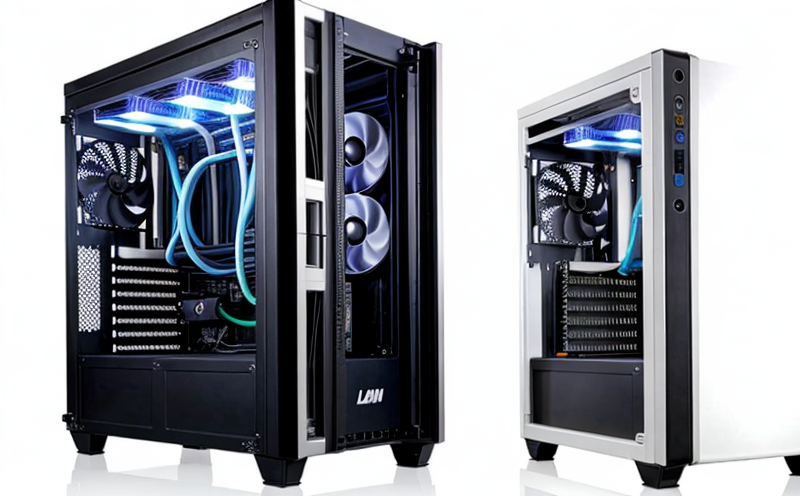DIN EN 1886 Fan Coil Unit Performance Test
The DIN EN 1886 standard outlines the performance and capacity testing procedures for fan coil units (FCUs), which are essential components in HVAC systems. FCUs play a crucial role in providing efficient heating, cooling, and dehumidification to residential and commercial spaces. This service ensures that each FCU meets stringent international standards, guaranteeing reliability and optimal operation.
During the test, FCUs undergo rigorous evaluation under controlled conditions to assess their energy efficiency, airflow delivery, and overall performance metrics. The testing process is designed to simulate real-world operating scenarios, ensuring that every unit performs as expected in various climate zones and usage patterns. This comprehensive approach not only enhances product quality but also supports regulatory compliance.
Our laboratory adheres strictly to the requirements specified in DIN EN 1886, employing state-of-the-art equipment and experienced technicians to conduct these tests accurately and consistently. By leveraging this expertise, we can provide clients with reliable data that helps them make informed decisions about their HVAC systems.
The benefits of adhering to DIN EN 1886 extend beyond mere compliance; they also contribute significantly to energy savings and environmental sustainability. Efficient FCUs reduce operational costs while minimizing carbon footprints, aligning perfectly with modern corporate social responsibility goals.
For manufacturers looking to differentiate their products in a competitive market, meeting these standards sets them apart by showcasing superior product quality. Additionally, compliance with international regulations opens doors for global markets, facilitating smoother trade processes and broader customer reach.
To sum up, the DIN EN 1886 fan coil unit performance test is more than just a set of guidelines—it represents best practices in HVAC engineering aimed at delivering high-performance products that meet both technical requirements and end-user expectations. By offering this service, we empower businesses to achieve excellence in their product offerings.
Competitive Advantage and Market Impact
- Enhances product reputation through stringent quality assurance measures.
- Makes products compliant with international standards, broadening market reach.
- Reduces operational costs by improving energy efficiency.
- Supports sustainable practices and green initiatives.
Why It Matters
The importance of performing a DIN EN 1886 fan coil unit performance test cannot be overstated. This testing ensures that FCUs meet the highest standards for efficiency and reliability, which is critical given their widespread use in buildings worldwide.
Fan coil units are integral to HVAC systems because they provide localized heating or cooling directly within rooms or zones. Their effectiveness depends on several factors including airflow rate, heat transfer coefficient, and power consumption. By testing these parameters according to DIN EN 1886, manufacturers can verify that their products perform optimally under diverse conditions.
From an environmental perspective, efficient FCUs contribute significantly to reducing energy waste and lowering greenhouse gas emissions. As global awareness of sustainability grows, consumers increasingly seek eco-friendly solutions. Meeting international standards like DIN EN 1886 positions companies favorably in this growing market segment.
Moreover, compliance with these standards helps businesses avoid potential legal issues associated with non-compliance. It also fosters trust among stakeholders by demonstrating a commitment to quality and safety. This transparency can lead to stronger customer relationships and enhanced brand loyalty.
Applied Standards
The DIN EN 1886 standard provides detailed instructions for conducting performance tests on fan coil units. It covers various aspects such as static pressure, air flow rate, cooling capacity, heating capacity, and sound level measurement.
One of the key features of this standard is its emphasis on maintaining consistent testing conditions across different environments. This ensures that the results are valid and comparable regardless of where the FCUs are installed. For example, tests may be conducted at nominal, minimum, and maximum operating points to cover all possible usage scenarios.
The standard also includes provisions for evaluating additional features like humidity control capabilities and multi-speed operation options. These supplementary evaluations further enhance the overall performance assessment of the units.





